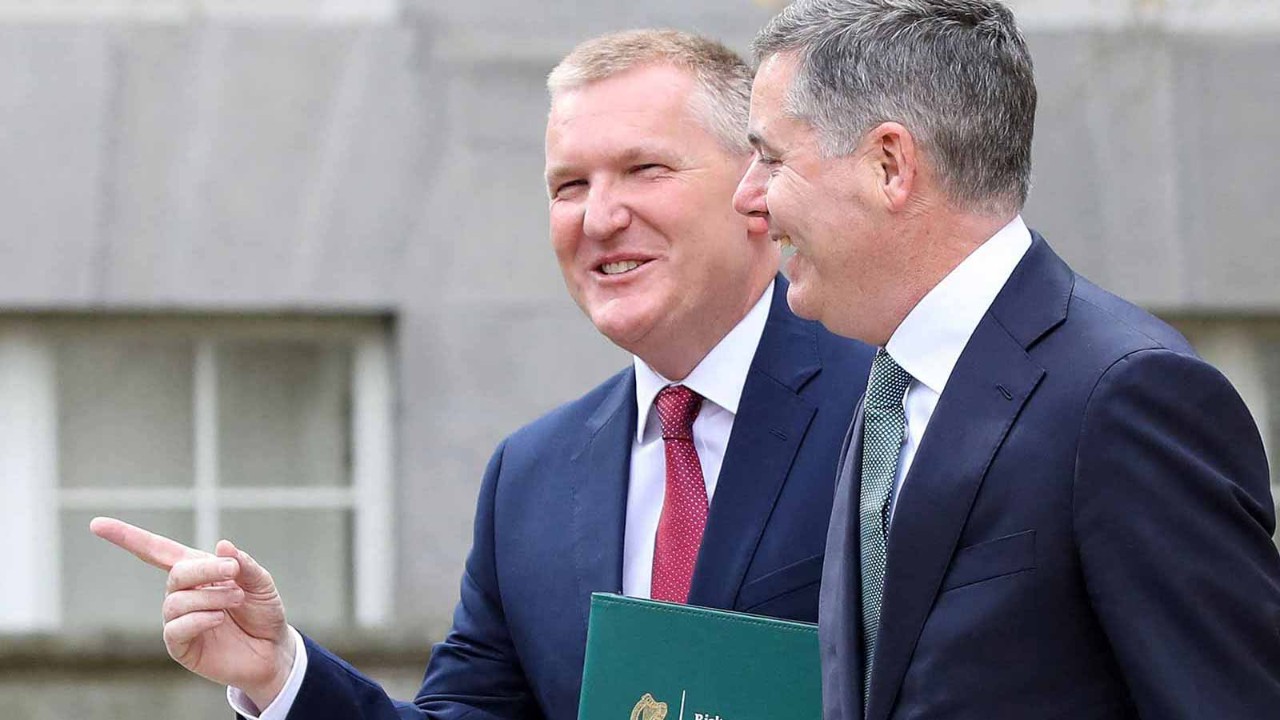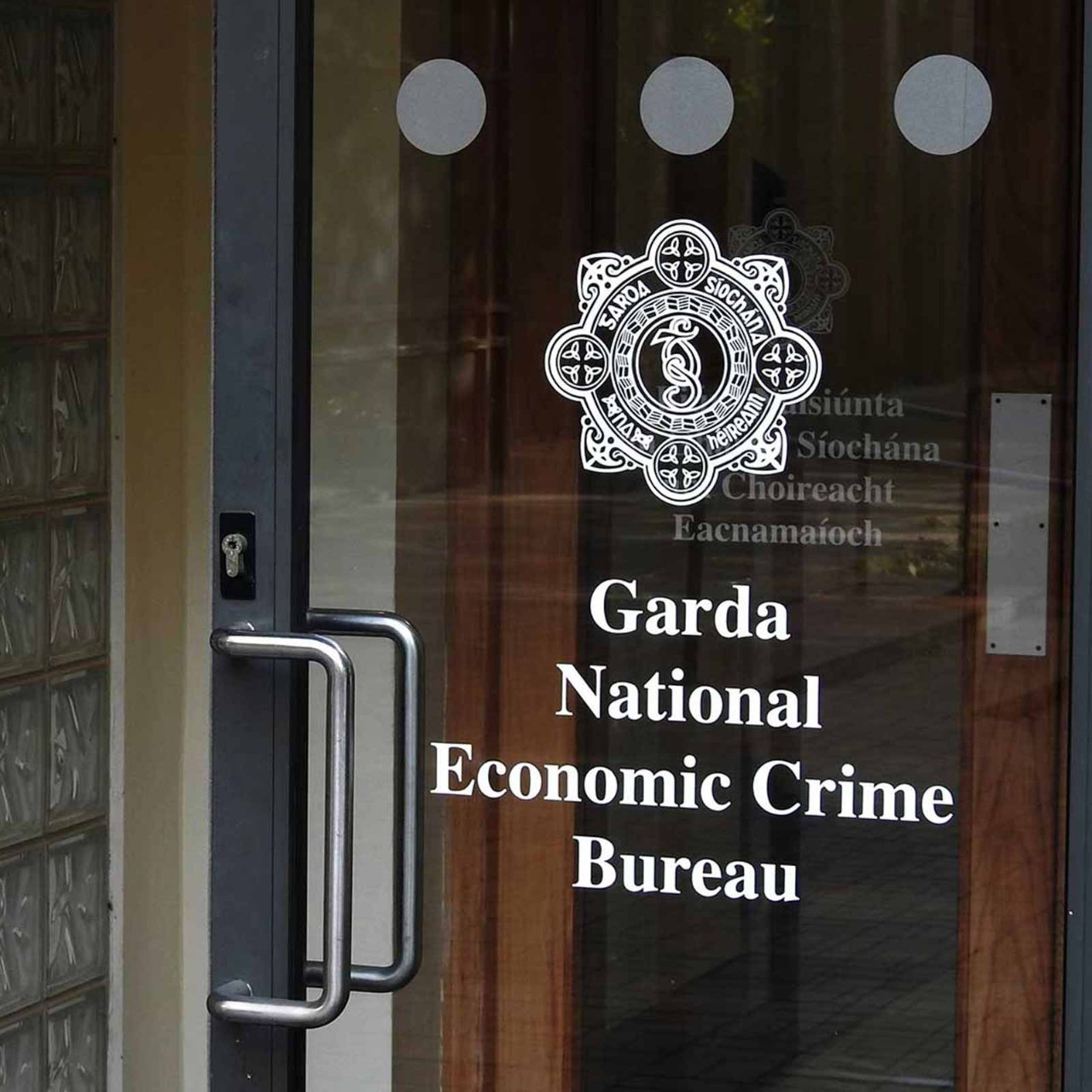
The Irish government has outlined a multibillion package of spending increases, one-off payments and tax cuts in this year’s Budget, designed to address a range of challenges arising from housing, climate and infrastructure, and to put money back into the pockets of the the ‘squeezed middle’.
The total spending package was €14bn: core spending and tax increases of €6.4bn, one-off measures of €2.7bn and non-core expenditure of €4.75bn.
There was some welcome loosening of investment rules and a significant allocation of funds to climate projects
There were small changes to Universal Social Charge but there were no changes in the income, corporation, capital gains or capital acquisitions tax rates. An effective corporation tax rate of 15% will apply to companies with turnover of more than €750m, otherwise the rate remains at 12.5%.
The marginal rate of tax and levies on the income of higher earners remains above 50%, which might surprise some who see Ireland as a low-tax economy because of its 12.5% corporation tax rate.
The government responded to issues that are relevant to the general population by focusing on costs of living, energy and housing, but there was some welcome loosening of investment rules and a significant allocation of funds to climate projects.
Cost of living
Targeted measures include the following:
- The minimum wage will increase to €12.70 per hour.
- The government is promising a further 25% reduction in the cost of childcare, although this will not kick in until September 2024.
- Homeowners with an outstanding mortgage balance of between €80,000 and €500,000 will receive 20% tax relief on the increased amount of interest paid in 2022 compared with 2023, capped at €1,250 per property, with approximately 160,000 people standing to benefit.
- Families with an income of less than €100,000 will see college fees for undergraduates halved from €3,000 to €1,500 this year. All other families will see undergraduate full-time student fees cut by €1,000. Child Benefit payment will be extended to those who remain in full-time education.
There will be a €250m package for SMEs, designed to help with the costs of doing business
Energy
Measures introduced to address rises in energy costs include:
- Electricity credits for all households totalling €450 will be paid in three instalments between the end of this year and April 2024.
- The lower 9% rate of VAT on energy products will be extended by another 12 months.
- There will be a €250m package for SMEs, designed to help with the costs of doing business. It is intended to be less cumbersome than previous schemes, and it is expected businesses will receive a one-off grant worth up to 50% of their local authority rates charge.
- VAT on the supply and installation of solar panels will be zeroed for schools from 1 January 2024.
Housing
With Ireland’s housing crisis hitting the headlines, new announcements include:
- The personal rental tax credit will be increased from €500 to €750. Parents who pay for their student children in full-time accommodation will be able to claim the credit, which will be backdated to allow for claims in 2022 and 2023.
- Landlords will benefit from a tax break worth between €600 and €1,000, rising every year they stay in the market, up to 2027.
- The vacant property tax will be increased from three to five times the rate of Local Property Tax.
- The Help-to-Buy scheme has been extended to the end of 2025 and reformed to ensure applicants for local authority affordable purchases qualify.
- The Residential Zoned Land Tax liability date has been extended by a year to allow for a review of maps and allow more engagement with the process.
The Budget encourages investment, particularly in start-ups and growing businesses
Investment boost
The Budget introduced a number of measures to encourage investment, particularly in start-ups and growing businesses, including:
- a tax break for angel investors offering a reduced rate of capital gains tax when they dispose of a qualifying investment for gains up to twice the value of their investment
- an increase in the R&D tax credit from 25% to 30%
- a doubling of the amount an investor can claim relief on for four-year investments under the Employment Investment Incentive Scheme to €500,000
- an extension of the upper age limit for retirement relief from 65 to 70, with the reduced relief previously available on disposals from 66 applying from 70
- an extension of the Key Employee Engagement Programme to the end of 2025, along with an expansion.
Support for the environment
A number of measures designed to meet Ireland’s climate change commitments were announced, including:
- electric vehicles continuing to enjoy relief on the initial cost and benefit-in-kind rules
- more than €100m in support for the beef and sheep sectors and €9m more for tillage farmers, alongside higher rates of grants for new tanks for those storing slurry – designed to offset the impact of the ending of the nitrates derogation
- another €14bn put aside in the Infrastructure, Climate and Nature Fund by 2030, along with €3bn for helping to achieve carbon budgets through capital projects.
The Future Ireland Fund has the potential to grow to €100bn by the mid-2030s
Other developments
- The Future Ireland Fund will be established, with the potential to grow to €100bn by the mid-2030s. It will be funded by contributions of 0.8% of GDP annually from 2024-35 – about €4.3bn this year, alongside €4bn in seed funding from the old Rainy Day/National Reserve Fund.
- The banking sector will be hit with an increased levy of €200m – up €113m on last year.
- An additional €800m in core funding is being provided to the health service to meet the needs of an ageing and growing population. This is the smallest increase in funding for some time, following a run of €1bn-plus rises over recent years.




